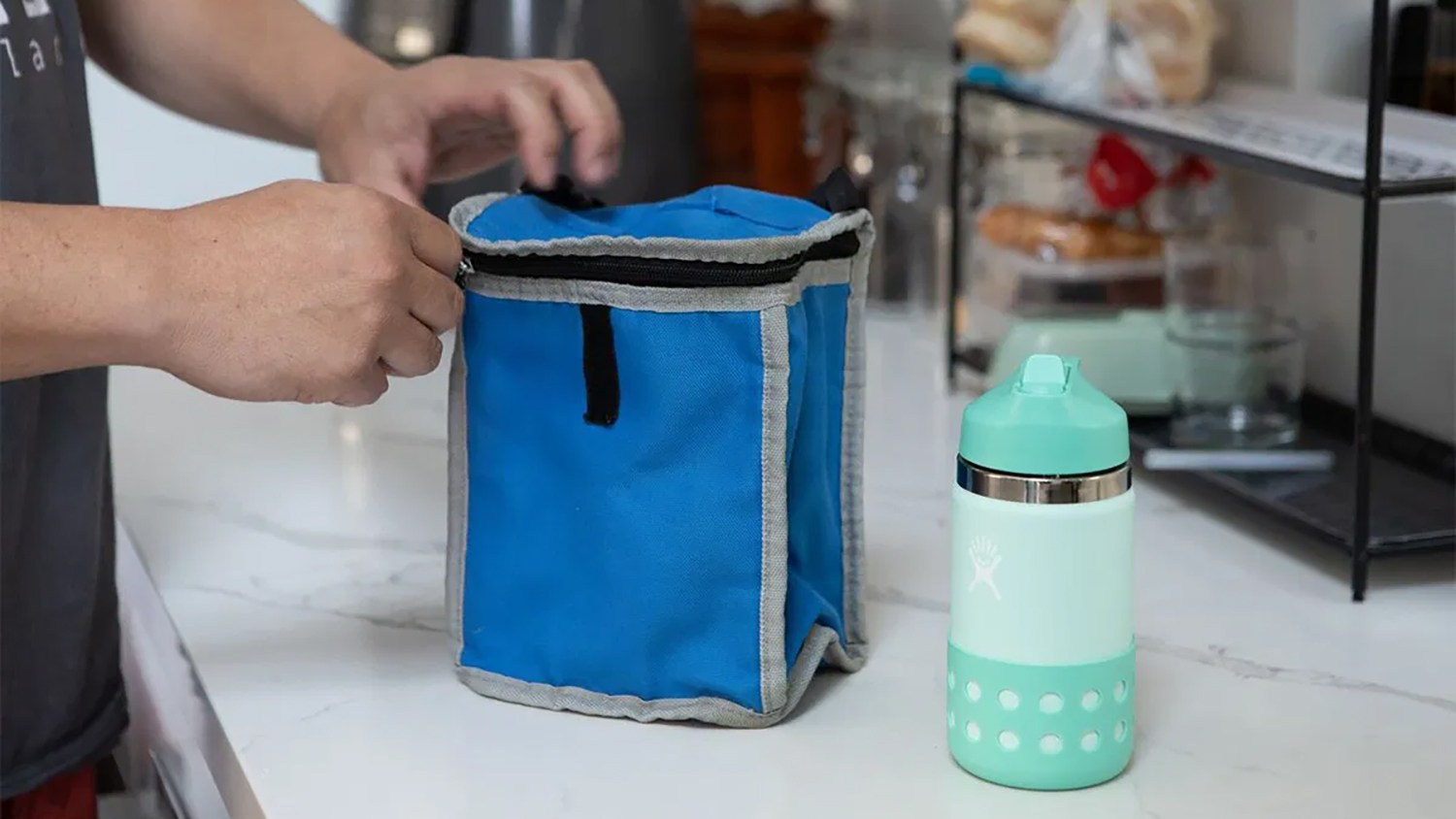PORTSMOUTH, Va (WAVY) — The FDA is expected to decide tomorrow on whether to approve an experimental drug Alzheimer’s drug.
Lecanemab is one of the first drugs to appear to slow the progression of cognitive decline, but there are concerns over three potential deaths during the trial related to brain bleeds. Despite the concerns, the Alzheimer’s Association is hopeful the drug will be approved.
“I will say 100% that patient safety is important to us and we have to weigh that against the benefits of this medication. An overwhelming majority of those who have participated in the clinical trial for Lecanemab have not experienced symptoms of this,” said Katie McDonough, Executive Director of the Alzheimer’s Association of Southeastern Virginia.
Meantime, the organization says 2022 taught us a lot about potentially reducing risks for dementia and Alzheimer’s.
A vitamin a day may keep Alzheimer’s away. A large-scale study show that may slow brain aging in older adults. The Alzheimer’s Association encourages you to talk with your doctor about maybe adding it to your daily routine.
“This isn’t a cure for Alzheimer’s its not a treatment even for Alzheimer’s but we know that overall brain health is a protective factor,” McDonough told WAVY.
Racism can lead to memory problems according to another study released in August. McDonough explains how the study showed those exposed to racism had lower memory scores.
“We need to continue to investigate this, but really showing us that long-lasting exposure to racism, particularly for black Americans is a concern for their brain health,” McDonough said.
Using hearing aids can help prevent or relieve symptoms of dementia by nearly 20%. Experts say it makes sense when you consider how much less engaged people are with those around them after losing their hearing.
“I don’t know if you ever heard growing up like your teacher would say the brain is like a muscle you have to exercise it to be strong,” McDonough said
Finally, what’s on your dinner plate tonight? You may want to think twice about frozen pizza and soda.
A new study published in JAMA found ultra-processed foods, like chips, candy – anything your Mom generally calls junk food – could increase your chances for dementia if they make up more than 20 percent of your daily calories. So a slice or snack here and there probably won’t hurt but too much could be trouble.































































